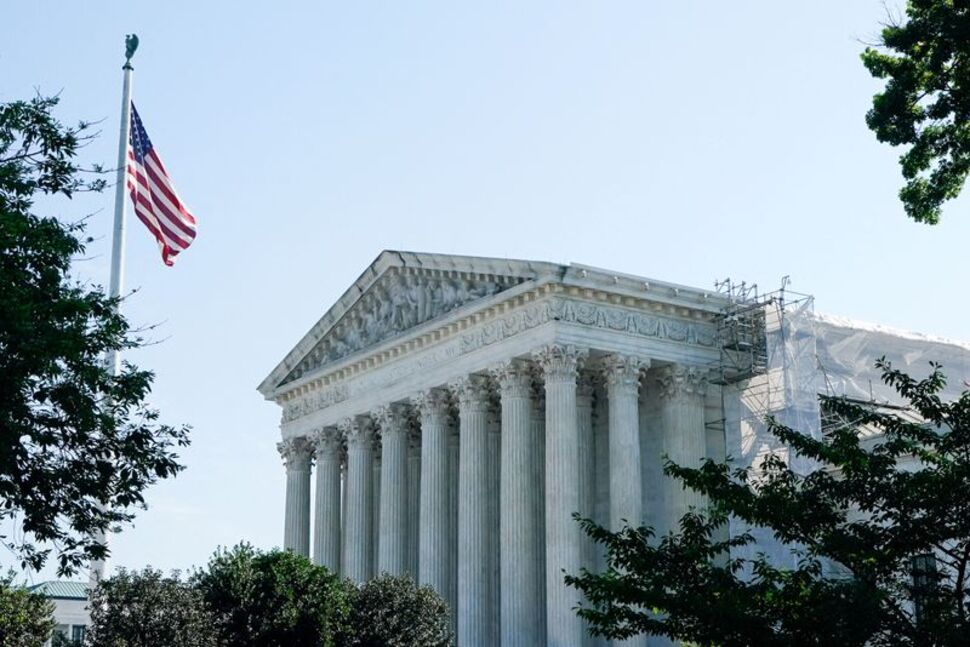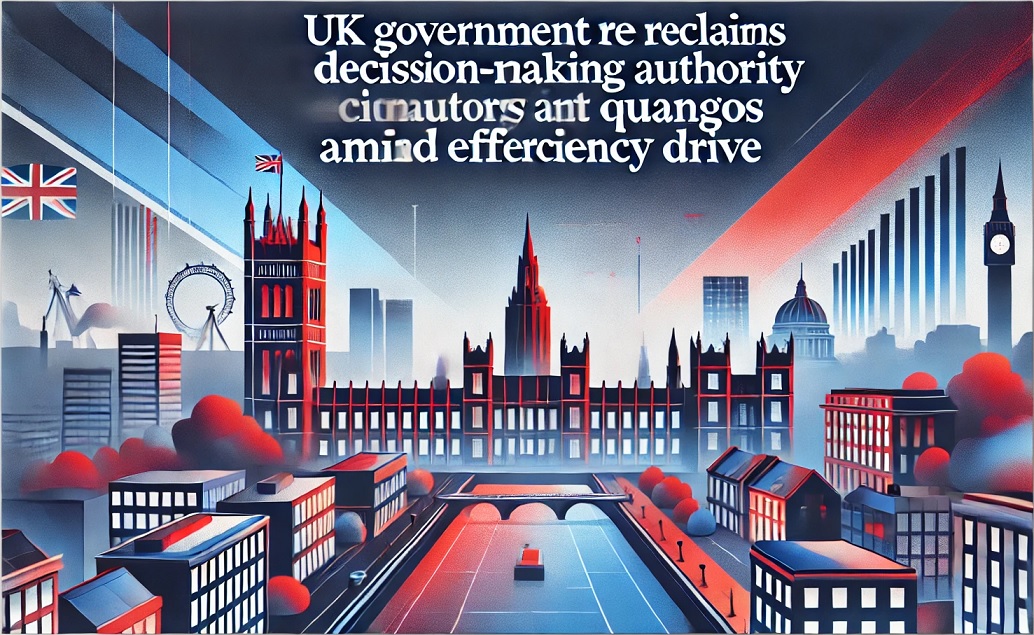The US Supreme Court has affirmed a federal law that allows American citizens to sue Palestinian authorities for attacks that harmed them. This ruling reinforces the ability to seek legal accountability for terrorism-related incidents involving US nationals, marking a significant development in extraterritorial application of US law.
On June 20, 2025, the United States Supreme Court delivered a landmark ruling that unanimously upheld the constitutionality of a federal law permitting American citizens to sue the Palestinian Authority (PA) and the Palestine Liberation Organization (PLO) for damages arising from terrorist attacks. This legislation, known as the Promoting Security and Justice for Victims of Terrorism Act, was originally enacted by Congress in 2019 to address jurisdictional challenges faced by victims seeking justice in U.S. courts.
Background and Origins of the Case
The cases underpinning this decision date back to multiple terrorist attacks that occurred in Israel and the West Bank during the early 2000s, as well as a fatal stabbing incident in 2018 involving a U.S.-born settler. American citizens and their families, victims of these attacks, filed lawsuits against the PA and PLO alleging that these organizations directly or indirectly supported individuals responsible for these violent acts.
Earlier court proceedings initially allowed a jury to award substantial damages to the victims. However, the rulings were later overturned by federal appellate courts, which questioned the jurisdiction of U.S. courts over foreign political entities such as the PA and PLO. These appellate decisions cited due process concerns and the extraterritorial application of U.S. law.
In response, the U.S. Congress passed the Promoting Security and Justice for Victims of Terrorism Act to clarify that the PA and PLO could be sued in U.S. courts if they engaged in certain activities within the United States or provided material support to individuals involved in terrorist activities targeting Americans.
The Supreme Court’s Rationale
The Supreme Court’s decision reaffirms Congress’s authority to determine the scope and application of U.S. jurisdiction, especially concerning national security and foreign policy matters. The Court emphasized that fairness and policy considerations in such sensitive areas rest primarily with the legislative and executive branches rather than the judiciary.
Justice Brett Kavanaugh, delivering the opinion of the Court, underscored that the law’s constitutionality is supported by Congress’s power and the government’s foreign policy prerogatives. The Court found no violation of due process rights, holding that the PA and PLO, by engaging in activities affecting the United States, could be subject to civil suits.
Impact on Victims and Broader Legal Significance
This ruling revives the legal avenues for American victims and their families to pursue compensation from the Palestinian entities for losses and suffering caused by terrorist attacks. It marks a significant victory for victims seeking accountability beyond national borders.
Beyond the immediate litigants, the decision sets a precedent for the extraterritorial reach of U.S. law in terrorism-related cases. It signals a robust commitment by the United States to hold foreign entities accountable when they are implicated in acts of terrorism affecting U.S. nationals.
Legal scholars anticipate that this ruling may influence future cases where foreign organizations accused of supporting terrorism could face civil liability in U.S. courts. It also highlights the balance between judicial review and the political branches' prerogatives in matters of national security.
Conclusion
The Supreme Court’s unanimous decision on June 20, 2025, reaffirms the power of the United States to provide its citizens a forum for redress against foreign entities involved in terrorism. By upholding the Promoting Security and Justice for Victims of Terrorism Act, the Court has fortified the legal mechanisms ensuring victims’ rights to justice and accountability, irrespective of where acts of terrorism occur.
This landmark ruling not only offers hope and legal recourse to victims of past attacks but also sends a broader message about the United States’ resolve to combat terrorism through both national defense and judicial accountability.

















Comments 0